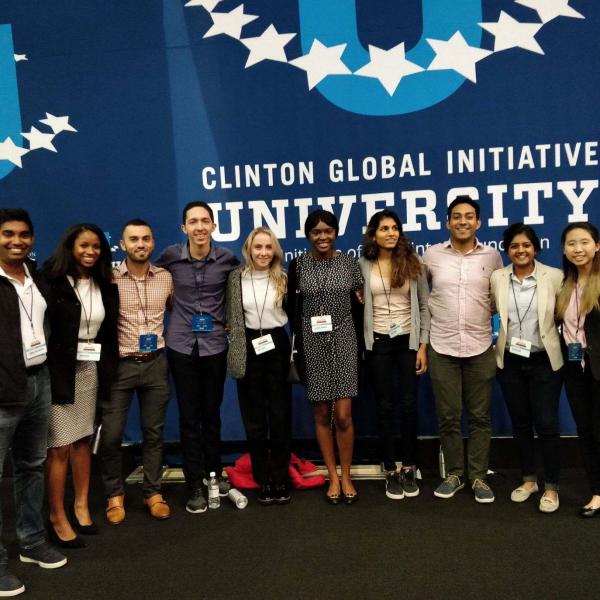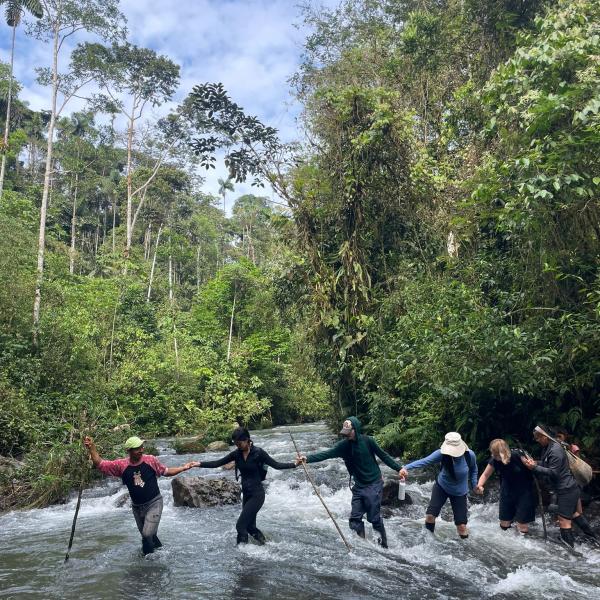Overview
The CALS Global Fellows Program supports CALS undergraduate students from any major in pursuit of challenging, professionally-focused summer internships and research placements that enhance and complement their career goals and academic progress while enriching their undergraduate experience with diverse cultural and international immersion. Through key partnerships, the Global Fellows Program provides a platform for students to make positive and definable contributions to global organizations and communities.
Acceptance to the program is competitive and a limited number of students are selected each year.
Students who are accepted into the CALS Global Fellows Program will be required to complete 4 parts of the program:
- An in-person 7-week, Spring (session 2) pre-engagement 1 credit course ALS 2300, focusing on health and safety, cultural awareness, logistics and more.
- a continuous 7–8-week internship or research placement in an international setting
- and a 7-week post-engagement course in the first half of the Fall semester (ALS/GDEV 3105)
- Poster Symposium in Fall
Information Session:
Please attend the CALS Experiential & Engaged Learning Symposium October 23rd
Placement Opportunities
Placement: 1 (in-person)
With the foundation Hungarian University of Agriculture and Life Sciences (MATE), one of the largest agricultural-focused, multi-disciplinary higher education institutions in Europe was established on 1 February 2021, with nearly 15.000 students and 15% international student body.
The backbone of the new university infrastructure is provided by our prominent campuses where our professional teaching staff and a unique green environment make the students feel welcome.
Budapest (commonly cited as one of the most beautiful cities in Europe), Gödöllő, Gyöngyös, Kaposvár and Keszthely Campuses offer constantly renewed degree and training programs and make significant investments in order to strengthen their ties to international higher education.
As an intern, you'll contribute to current studies on human activity and its impacts on structural and functional changes in soil fauna under the supervision of a faculty mentor. Some ongoing projects are assessing soil biological impacts of regenerative grazing, soil zoological studies on the effects of certain xenobiotics, surveys of plant-feeding nematodes and microscale study of free-living nematodes on the example of invasive plants/cover crops (including taxonomy). Duties will include assistance in fieldwork (sampling, recording), laboratory work sample processing, and development of methodology.
Suggested majors and/or professional interests: Animal Science, Environment and Sustainability, Agricultural Sciences, Plant Sciences, and Biological Sciences, Entomology






